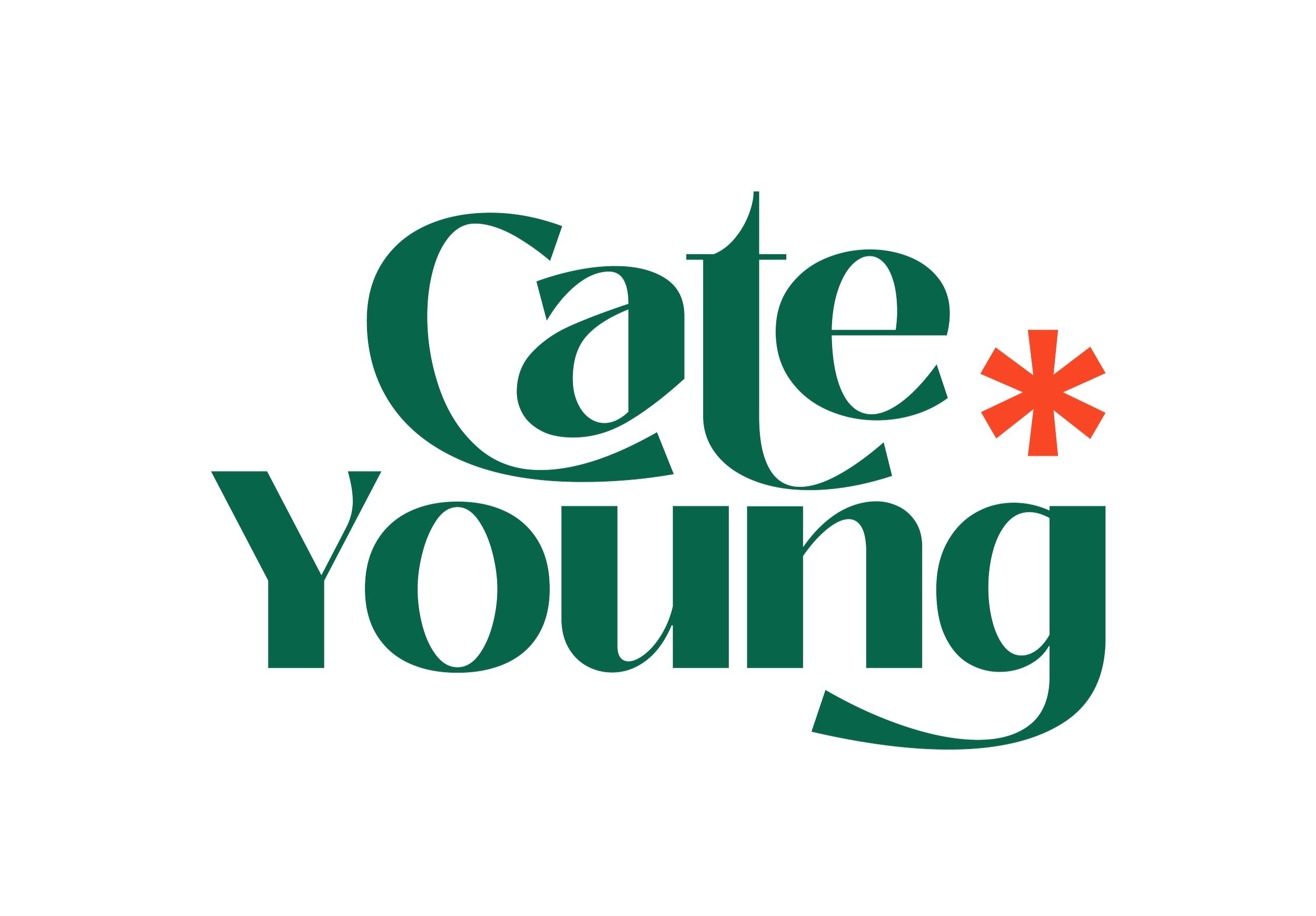Half Of A Yellow Sun Is A Tragic Story of Neglected And Lost Love
In Trinidad, compelling characters and stories on film can unite an audience, and it happened that night as the crowd dissolved into the stories of these Nigerian protagonists. To me, that is a sign that the film excels; it made watching the film a communal experience among hundreds of people who had never met.
Sometimes a human story is all it takes. Not having read the novel by Chimamanda Ngozi Adichie, I went into the screening of TTFF2013's opening night film, Half Of A Yellow Sun on Tuesday last, completely blind in terms of characterization and plot. The film, starring Thandie Newton and Chiwetel Ejiofor, was making it's Trinidadian debut after premiering in the Toronto International Film Festival the week before.
The story is set in Nigeria during the Nigerian-Biafran war of 1967-1970, and focuses largely on the personal relationship between Olanna and Odenigbo, (Newton and Ejiofor respectively) and their struggle to survive during the a bloody civil war. The couple go through familiar relationship rigors; testy in-laws, infidelity, hints at infertility; but they decide to commit to each other fully in a world that is crumbling around them, where the people they love are here one day and gone the next in frequently increasing air strikes that result from the war.
I'm not extensively familiar with Ejiofor's work, but after this performance, I want to see more. His turn as the philandering, drunkard Odenigbo is composed of just enough conviction mixed with lingering doubt to bring the character to life. He allows us to both dismiss Odenigbo when he tries to justify his infidelity to Olanna by saying he was raped, but also to empathize with his inner struggle as he realizes that he cannot provide the life he wants to for his family in the middle of a civil war.
Newton too, is brilliant. Her performance is reminiscent of the one she gave as Tangie Adrose in For Coloured Girls, not in characterization, but in thrust. Newton as Olanna is conflicted and hurt, but also self-assured. She makes you believe in her choices, (for example, to take Odenigbo back) even when you don't agree. Her grief though, hooks you. When she confronts Odenigbo about his betrayal, and again later, when a central character is presumed dead, her performance is raw and wounded. It feels intrusive to witness that much of someone else's pain.
Fleshing out the list of memorable performances was Anika Noni Rose as Kainene, twin sister to Olanna. I have seen little of Rose's work onscreen but here she shines; bringing a regality to Kainene's haughty dismissal of her sister's "revolutionary" lover. Her scenes against Newton are where she really steals the spotlight. Dry and disdainful, Kainene's conversations with Olanna highlight Rose's ability to play more than just the diminished black woman, a la For Coloured Girls or Dreamgirls. Here, she takes control, and moves the pieces on her chess board according to her often apathetic whims.
John Boyega holds his own against this stellar line up, as Odenigbo's houseboy Ugwu. Unitentionally funny in many scenes, his silent loyalty to Olanna and Odenigbo is endearing, and his educational ambitions pay off well later down the line. Boyega does well to make Ugwu a character we love but do not feel sorry for with his wide-eyed and open hearted portrayal.
It is a unique experience to watch a film in a Trinidadian audience. The effect is pronounced if the film is an action movie or a comedy, but it happens in dramas too. In Trinidad, compelling characters and stories on film can unite an audience, and it happened that night as the crowd dissolved into the stories of these Nigerian protagonists. To me, that is a sign that the film excels; it made watching the film a communal experience among hundreds of people who had never met.
Half Of A Yellow Sun is a compelling drama that I would definitely recommend, and rewatch. Great performances, a human struggle and suspenseful storyline collide here to form a timeless tribute to the resistance of the human spirit in the face of war times struggle. I enjoyed myself immensely, and the film has prompted me to seek out more of Adiche's work. In short? It excels.

